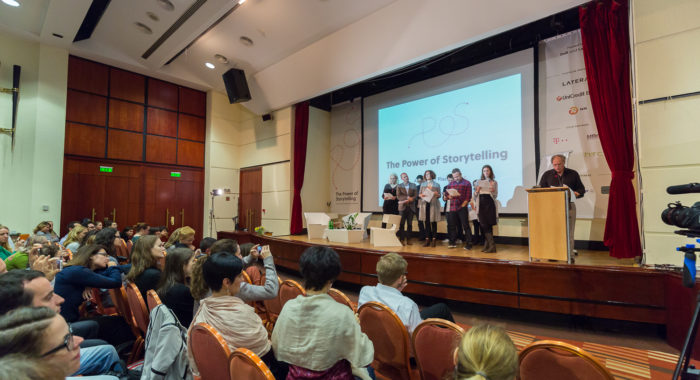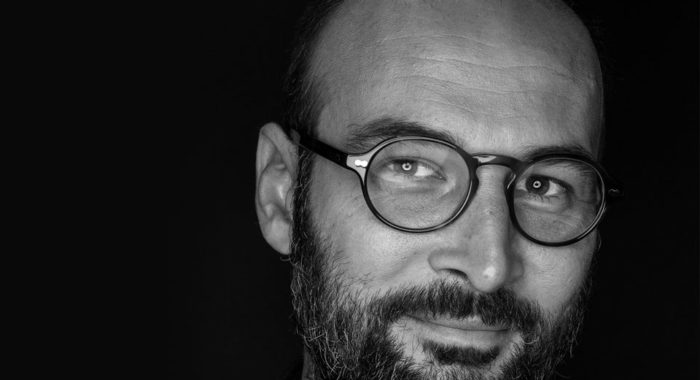We asked 2011 speaker Laurie Hertzel, Senior Books Editor at the Minneapolis Star Tribune, to recommend some of her favorite nonfiction books to read this summer. Here is her letter from Minneapolis with great nonfiction for Romania:
First, I should mention that I agree with Jacqui’s list of last year, especially Timothy Egan and Katherine Boo. And David Finkel. And, well, the whole list.
Second, I’m going to assume that you are all already deeply familiar with E.B. White’s essays, and Joan Didion’s graceful, intelligent reportage/cultural criticism, and Gay Talese and Joseph Mitchell and all those other old New Yorker writers.
So here’s a good list (in no particular order) of some who might be a little less well-known. A summer spent reading these books would be a wonderful summer indeed.
1. Darcy Frey’s “The Last Shot” is a great example of immersion reporting married with graceful writing: He spent a year with young black teens who believed that a professional basketball career would be their way out of poverty—even though all signs pointed to the impossibility of such a dream. He inserted himself in the book late in the reportage, and reluctantly, because his constant presence began to alter the story.
2. Adrian Nicole LeBlanc’s “Random Family” is also wonderful immersion reporting, ten years in the reporting, hanging out with a family in the Bronx, observing how years of poverty grind people down and affect generations.
3. Anything by Erik Larson, but probably most entertaining is “Devil in the White City,” about a serial killer prowling the 1893 World’s Fair. Larson is a former Wall Street Journal reporter, and his five books are all deeply reported narrative nonfiction history. (His latest, “Dead Wake,” is about the sinking of the Lusitania.)
4. “Mountain City,” a memoir by Gregory Martin, is a beautiful book about the quirky people in his tiny hometown, now a ghost town in the mountains of Nevada.
5. Tracy Kidder won the Pulitzer Prize for his first book, “Soul of a New Machine” which is about the invention of a computer. But I am most partial to “House,” his book about something deceptively ordinary: the construction of a house, which he manages to turn into a page-turner drama. He starts with the couple, then the architect, and then moves on to the builders, whom you will grow to love. (Kidder and his longtime editor, Richard Todd, also have a book out about the collaboration between a writer and editor. It’s called “Good Prose: The Art of Nonfiction.” A very good read.)
6. “The Empathy Exams,” by Leslie Jamison. A reminder that not all great nonfiction is narrative journalism. These are brilliant essays—narrative, yes, and well-reported, definitely, but then they take a giant step beyond that into context and interpretation and speculation and meaning. (Leslie Jamison is coming to Bucharest this October for the fifth edition of our conference. You can register here.)
7. Anne Fadiman: “The Spirit Catches You and You Fall Down.” Fadiman has a long, great story to tell about how this book came to be (it started as a piece for the New Yorker, which was ultimately rejected after the magazine changed editors). But this is a fascinating look at the clash of two cultures: American, and Hmong, illuminated by the serious illness of a young child and the very different ways these two cultures look at illness and health care.
8. I wanted to include “Toast,” by Nigel Slater, one of my favorite memoirs for no particular reason (it just depicts childhood so beautifully) but instead I’m going to go with Emily Fox Gordon’s memoir of childhood, “Are You Happy?,” which is evocative and specific and both melancholy and brilliant. Gordon is a Fulbright fellow and (ahem) is one of my thesis readers for my MFA.
9. “Citizen,” by Claudia Rankine. A difficult book to read because of its subject matter—racism in America—but not because of the way it is written, which is lyrical and lovely. I’m including it because it’s a fascinating blend of poetry, reportage, essay and photography, a true blurring of nonfiction genres. It is such a wonderful mash-up of genre that it was a finalist in two different categories for a National Book Critics Circle Award—criticism, and poetry. (It won in poetry.)
10. Norman Mailer “The Armies of the Night.” Not an easy read, but a fascinating one as a model for how to include the narrator/author as a character. It also walks the line between fiction and nonfiction in a fascinating way. An easier read, but more chilling, would be Mailer’s biography of the murderer Gary Gilmore, “The Executioner’s Song,” which he wrote using material largely gathered by a different reporter.
11. I cannot resist one more. Read the travel writing of Eric Newby. Any of it. But especially “A Short Walk in the Hindu Kush.” Not just a fascinating exploration of 1950s Afghanistan, but also a lesson in how to write about oneself in a modest and self-deprecating way. Oh, heck, also read his “The Last Grain Race,” just because it’s so fun. And now I will stop, though I could go on and on.
Laurie Hertzel was one of the speakers of our first edition. She is Senior Editor for books at the Minneapolis Star Tribune and the author of News to Me: Adventures of an Accidental Journalist, winner of a 2011 Minnesota Book Award.



